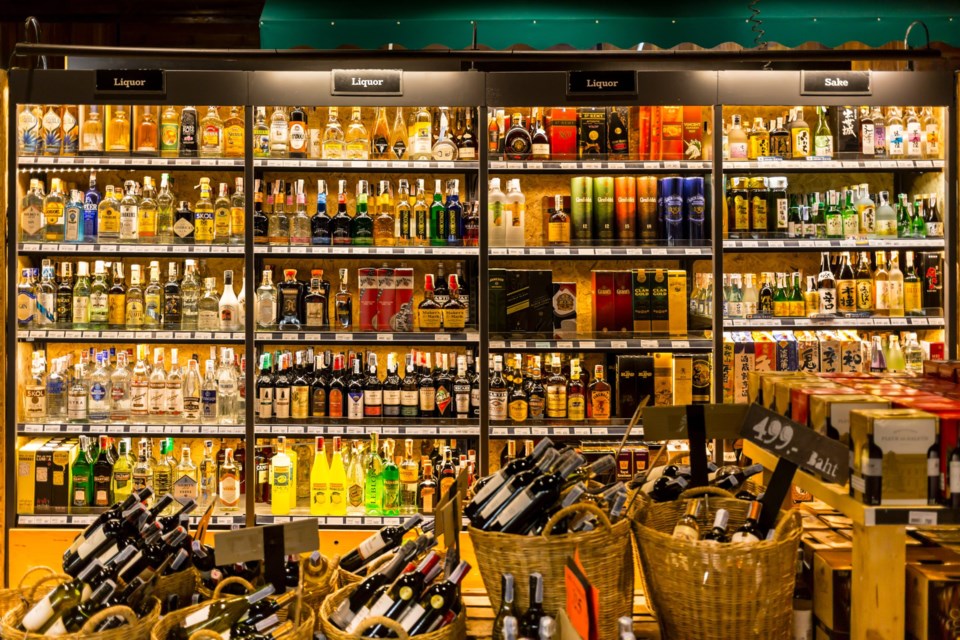For Texans, Dry January is starting earlier this year. Just like for Christmas, liquor stores will be closed for 61 hours straight from New Year’s Eve to January 2, in observance of the state's blue law backed by the Texas Alcoholic Beverage Commission. Store owners and employees say this is a welcomed break from all the hard work leading to the holidays.
If you were planning on having some cocktails to welcome 2023 this weekend, plan ahead. Sales restrictions on some alcoholic beverages on Sundays are one of Texas’ so-called blue laws, most commonly known as Sunday laws. These are rules that restrict or ban some activities on Sundays to promote the observance of a day of rest.
As previously reported by Local Profile, these types of laws can be tracked all the way back to ancient Rome — but in Texas, many additions and changes have been made over the years. One thing that hasn’t changed is the rule that if a holiday falls on a Sunday, then the following Monday liquor and package stores must be closed.
While you’ll be able to buy wine and beer from supermarkets and convenience stores, any cocktail that uses spirits with more than 4% alcohol will have to wait until Tuesday.
“It happens a few times every few years, and it's great for the employees to have two days off because otherwise we rarely get two days off in a row,” Charles Leard, owner of M&R Liquor in Amarillo, told KHOU11. “It's great for me and the employees.”
But even for consumers, this might be a blessing in disguise. In 2013, Alcohol for Change, a nonprofit from the U.K., launched Dry January as a public health campaign challenging participants to abstain from drinking alcohol for the whole month. For the first iteration of the campaign Alcohol for Change teamed up with alcohol behavior change expert Dr. Richard de Visser from the University of Sussex to survey the more than 4,000 participants to see the effects of having a month-long break on the booze.
According to the nonprofit’s website, De Visser found that seven out of ten participants continued to drink less riskily than before, six months after the campaign had launched. Additionally almost a quarter of people who were drinking at “harmful” levels moved to the low-risk category.




